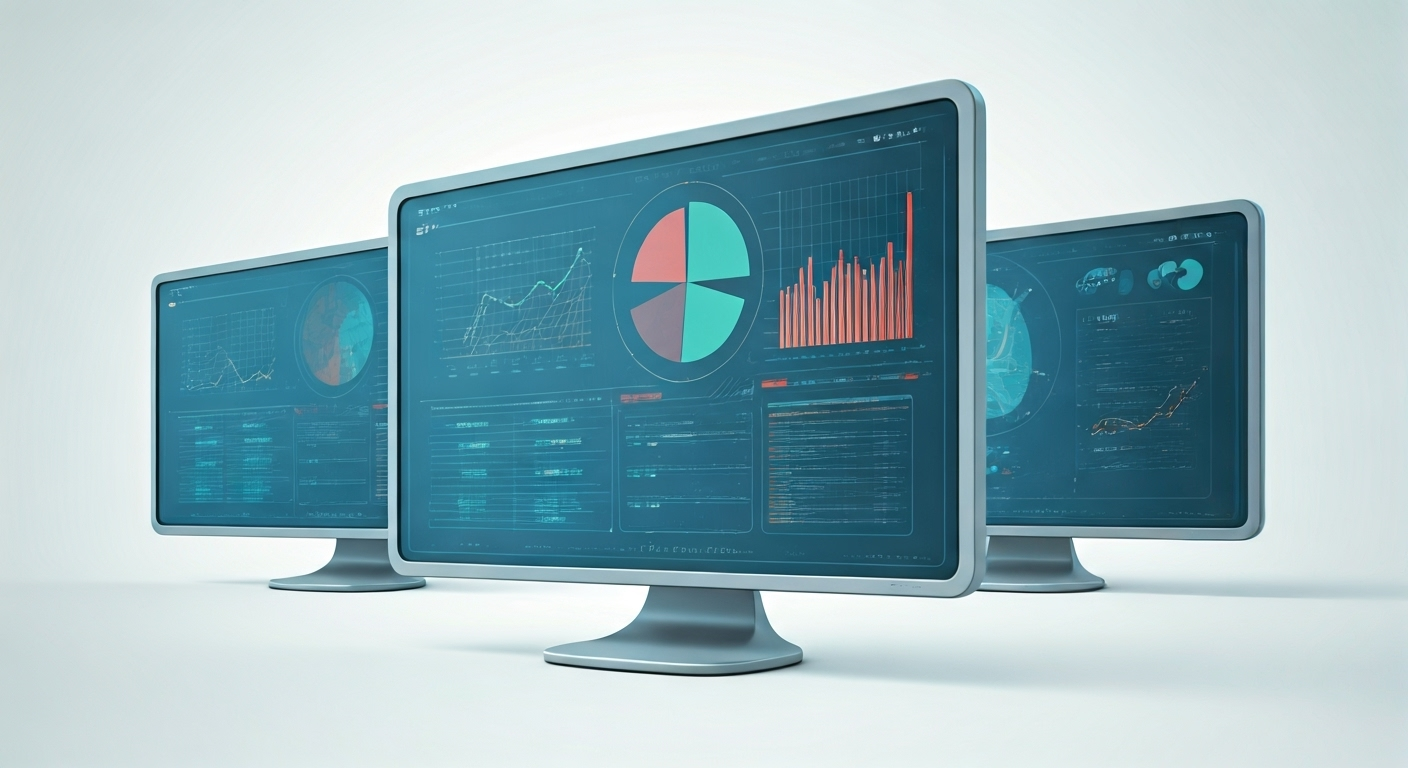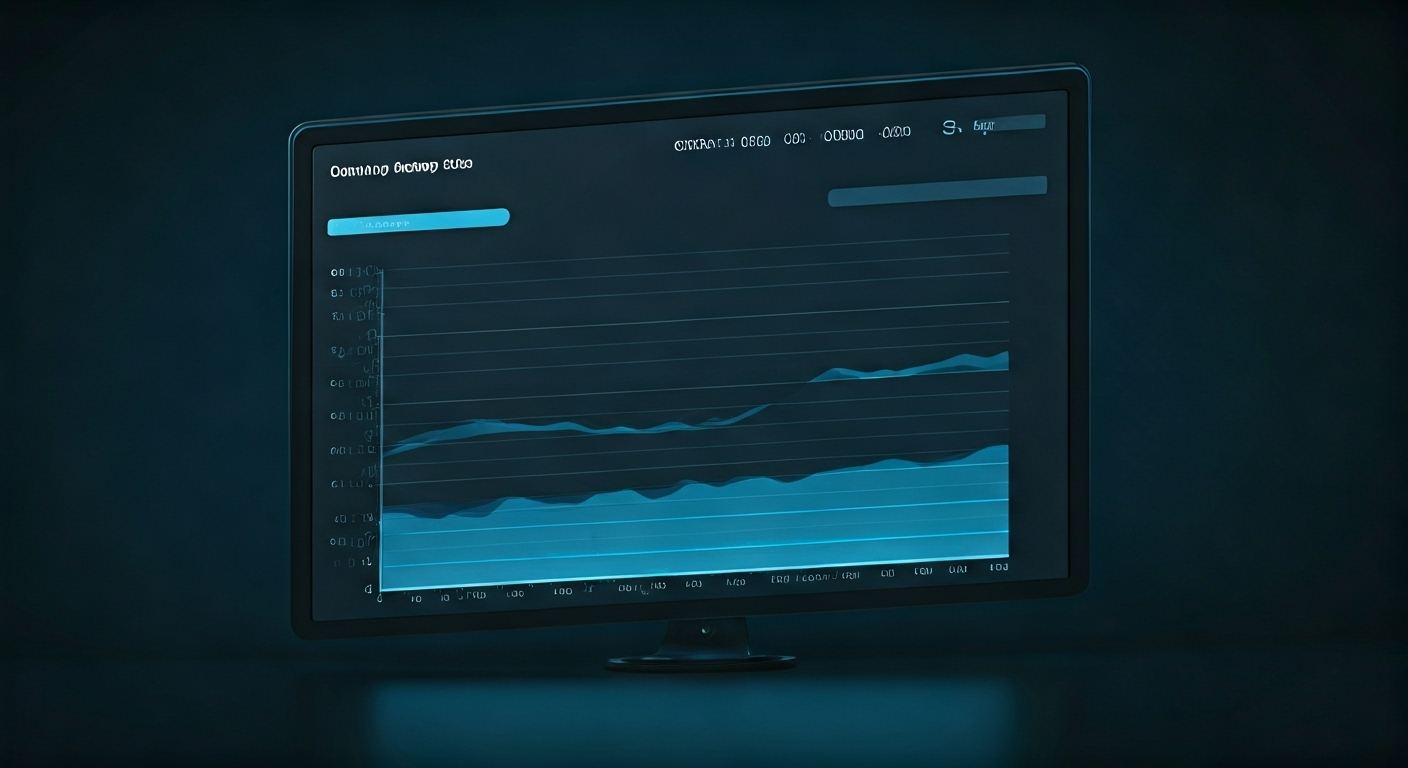Detailed Handbook on Energy Data Management Systems
Detailed Handbook on Energy Data Management Systems

Key Highlights
- Energy data management involves the systematic collection, analysis, and interpretation of energy data for informed decision-making and increased energy efficiency.
- It differentiates from energy management by focusing on data-driven strategies to optimise energy consumption and reduce costs.
- Operational efficiency, sustainability, and cost savings are critical outcomes of adopting energy data management solutions.
- Accurate data collection and interpretation are key principles of effective energy data management.
- Energy data management integrates best practices, analytics, and regulatory compliance for industry-specific benefits.
- Modern industries leverage energy data management for transparency and sustainable development.
Introduction
Energy data management is changing the way the energy industry looks at optimization. When companies collect and look at energy data, they can make better choices. This helps them use less energy, follow the rules, and be more efficient. Data management in energy is a key part of energy management. It helps businesses handle rising energy costs and meet their sustainability targets. Today, if you work in the energy industry, you need good data and fast insights. This is important for doing well and building a better and more sustainable future.
Understanding Energy Data Management Solutions

Energy data management solutions help businesses better understand how they use energy. These tools collect real-time energy data with sensors and analytics tools. By doing this, companies can see where there is waste. Then, they can make changes that work well for them.
Energy management also uses technology like energy data dashboards. These dashboards let people see their energy performance in a clear way. With this approach, companies can improve their workflows. It also helps them save money over time. All these steps work together for a good and more sustainable energy system.
Defining Energy Data Management and Its Core Principles
The foundation of energy data management is the careful collection and study of energy data. Real-time monitoring happens with sensors and automated systems, giving good insights into energy consumption for different assets. This data collection helps to cut down on waste and spot the top energy users in an organization.
The next important step is the interpretation of energy data. This is where numbers become helpful ideas. Reliable analytics tools look at big sets of data to find patterns or spots that are not normal in energy usage. Organizations use what they find from this to make smart choices that save money and help the environment.
This practice also pushes businesses to use strategies that join sustainability with better operational efficiency. By following these ideas, a business can make its energy usage fit with financial plans and caring for the earth. Using a systematic approach leads to lasting good results, such as using less energy and building up reliability over time.
Key Differences Between Energy Management and Energy Data Management
Energy management and energy data management both aim to help with energy needs, but they take different paths. Here is a simple look at how they compare:
| Aspect | Energy Management | Energy Data Management |
|---|---|---|
| Definition | Definition Watching and changing energy use before problems come up. | Collecting, studying, and using energy data in a set way |
| Focus | Planning and taking steps for sustainability and following rules. | Using data to find ways to cut energy costs. |
| Tools | Software to check bills and keep energy use in check. | Better analytics, easy-to-read dashboards, cloud systems. |
| Outcome | Makes the company look good and helps the environment. | Shows exactly what is used for better optimization and reporting. |
This shows that energy data management gives you the accurate data and insights needed to match your energy management plans with your company’s goals. This use of data management helps you keep your energy usage and energy costs in check with the right analytics and systematic collection of information. Both work together to support sustainability and better results for your business.
Importance of Energy Data Management in Modern Industries

Today, many industries deal with higher energy costs and more rules to follow. Energy data management helps in many ways. It can make work smoother and help companies follow the standards set for them.
Industry leaders use energy data to get a better idea of how they use energy. This helps them see which parts use the most energy and money. Once they know this, they can change things to save and make systems better. Managing energy this way is not just about spending less. It lets them lower their carbon footprint and use more earth-friendly ways. At the same time, it helps them handle their money and costs in a smarter way.
Enhancing Operational Efficiency and Cost Savings
Optimising how work gets done and how well machines run is key to good operational efficiency. Using energy data management gives you transparency for energy consumption, making it easier to find out where you can get better. This helps the business see how energy is used and what the team can fix.
Key advantages include:
- Cost Reduction: You can cut energy costs by watching equipment efficiency with real-time dashboards. This stops you from spending more than you need.
- Better Performance: When you find equipment that is not working well, you can upgrade or repair it. Doing this makes energy bills go down over time.
- Workflow Optimization: By checking trends, you can see when energy use goes up. This helps you change plans before problems happen, making sure resource use gets better.
Using energy data management helps you in your daily work. It also sets you up for good financial returns in the future.
Supporting Sustainability and Regulatory Compliance
Sustainability goals need more than just big ideas. The use of data management with energy data helps businesses reach these targets. It lets companies look at energy consumption closely. Having reliable data gives organisations a way to meet their environmental stewardship goals and make good choices for the planet.
The use of energy data management is also very important for regulatory compliance. Governments often ask companies to follow set efficiency standards if they want to get funding or some certifications. By tracking energy data regularly, companies can show they are following the rules. This also opens the door for benefits like ISO 50001 certification.
Transparency connects sustainability with compliance. When you use data management and energy data well, you get the information you need to make decisions. This keeps your business in line with global directions toward saving and using resources wisely.
Conclusion
In conclusion, using good energy data management solutions is important for companies that want to be efficient, save energy, and follow the rules. When you know the main points of energy data management and see why it matters, your business can work better, spend less money, and meet the latest rules. Choosing the right way to manage your energy data will help you reach good goals not only for how your business runs each day, but also for bigger things, like helping the planet. Good energy management leads to better operational efficiency and more sustainability for all of us. If you want to improve how you manage your energy, look at the best energy data management choices out there now.
Frequently Asked Questions
What is the role of technology in energy data management?
Technology is very important in energy data management. It helps automate sensors to make data collection easier and better. By using this, you get real-time analytics that show how energy is being used. This helps you find ways for optimization and makes it easier to manage workflows in EDM systems.
How do energy data management solutions support sustainability goals?
Energy data management solutions help with sustainability. These tools track energy consumption and find ways to use energy better. By matching KPIs with ways to optimize, these tools help lower carbon footprints. This lets businesses work in a greener way and meet their goals for sustainability.
What industries benefit most from energy data management solutions?
The main groups that get the most from energy data management are manufacturing, logistics, and industries that use a lot of energy. These businesses use energy data to work better and save money. Accurate data helps them watch their energy usage, so they can make changes that help one get the best out of each day. This also makes it easier for them to follow rules and stay in line with what is needed for regulatory compliance. That is why data management and EDM are so important when they want to reach their main goals.
How does energy data management improve compliance?
Energy data management helps with compliance by giving you reliable data and clear analysis. It makes energy usage more transparent and lets you read data sets to follow the rules. This will cut down on mistakes and help you stay on track with regulations.
What features should I look for in an energy data management solution?
Put features like good data collection, smart analytics, and clear optimization reports at the top of your list. The solution you pick should be able to track your energy costs. It should also help you look at equipment performance. Make sure the system uses best practices. This will help you stay on track with your business and financial goals.



